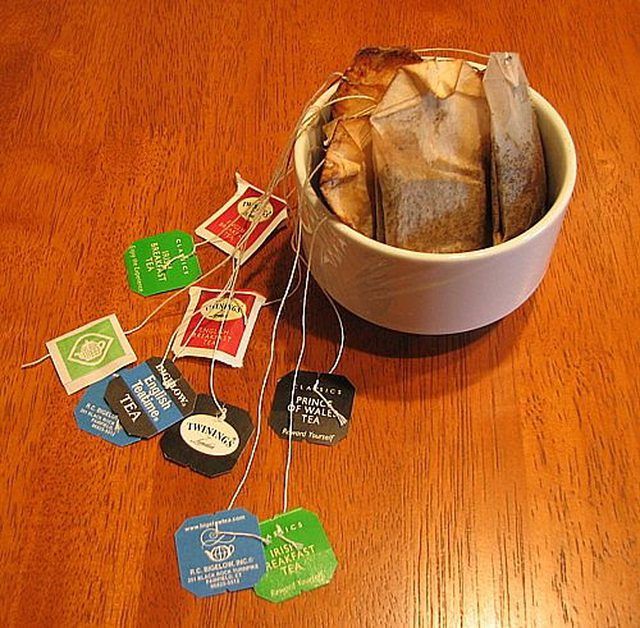Bulbs
Flower Basics
Flower Beds & Specialty Gardens
Flower Garden
Garden Furniture
Garden Gnomes
Garden Seeds
Garden Sheds
Garden Statues
Garden Tools & Supplies
Gardening Basics
Green & Organic
Groundcovers & Vines
Growing Annuals
Growing Basil
Growing Beans
Growing Berries
Growing Blueberries
Growing Cactus
Growing Corn
Growing Cotton
Growing Edibles
Growing Flowers
Growing Garlic
Growing Grapes
Growing Grass
Growing Herbs
Growing Jasmine
Growing Mint
Growing Mushrooms
Orchids
Growing Peanuts
Growing Perennials
Growing Plants
Growing Rosemary
Growing Roses
Growing Strawberries
Growing Sunflowers
Growing Thyme
Growing Tomatoes
Growing Tulips
Growing Vegetables
Herb Basics
Herb Garden
Indoor Growing
Landscaping Basics
Landscaping Patios
Landscaping Plants
Landscaping Shrubs
Landscaping Trees
Landscaping Walks & Pathways
Lawn Basics
Lawn Maintenance
Lawn Mowers
Lawn Ornaments
Lawn Planting
Lawn Tools
Outdoor Growing
Overall Landscape Planning
Pests, Weeds & Problems
Plant Basics
Rock Garden
Rose Garden
Shrubs
Soil
Specialty Gardens
Trees
Vegetable Garden
Yard Maintenance
How to Recycle Tea Bags
How to Recycle Tea Bags. Tea drinking has grown in popularity since research revealed the health benefits of antioxidants in tea leaves. Tea drinkers use up an average of three tea bags a day. Since the leaves, bags, strings and labels are organic and biodegradable, are there ways to recycle what remains after every cup of tea? The answer is yes.

Tea drinking has grown in popularity since research revealed the health benefits of antioxidants in tea leaves. Tea drinkers use up an average of three tea bags a day. Since the leaves, bags, strings and labels are organic and biodegradable, are there ways to recycle what remains after every cup of tea? The answer is yes.
Things You'll Need
Used tea bags
Add the used teabags to your compost heap. Some teabags decompose faster than others, depending on the material the bags are made of.
Use the teabags to prevent soil from leaking out of the bottom holes of your plant containers. When preparing potted plants, line the bottoms of the containers with used teabags (instead of rocks, pebbles or foam fillers). The teabags will eventually decompose and become part of the potted soil.
Use teabags to help retain moisture for hanging planters. When preparing hanging plants like ferns or ivy, line the empty planters with teabags before adding the potting mix. The teabags will absorb water and retain the moisture longer than sphagnum or peat moss.
Cut the teabags open and collect the tea leaves. Mix them with your garden soil or potting soil, or trowel them into the ground around your plants to add nutrients to the topsoil.
Use them as an eye compress. Warm or cold, you can use the teabags to help relax tired eyes. Just lie back, place the moist teabags over your eyes and let the tannins in the tealeaves stimulate blood circulation and reduce those puffy eye bags and dark rings around your eyes.
Use the paper packets and colorful labels for artwork. Be creative with art pieces like figures, decor, posters, greeting cards and handicrafts.
Donate dried, empty teabags to native artists who use them as raw materials for original artwork that are sold to raise funds for building their towns and communities.
Tips & Warnings
Some manufacturers are using nylon tea bags. Nylon does not decompose; therefore, these bags are not suitable for composting.